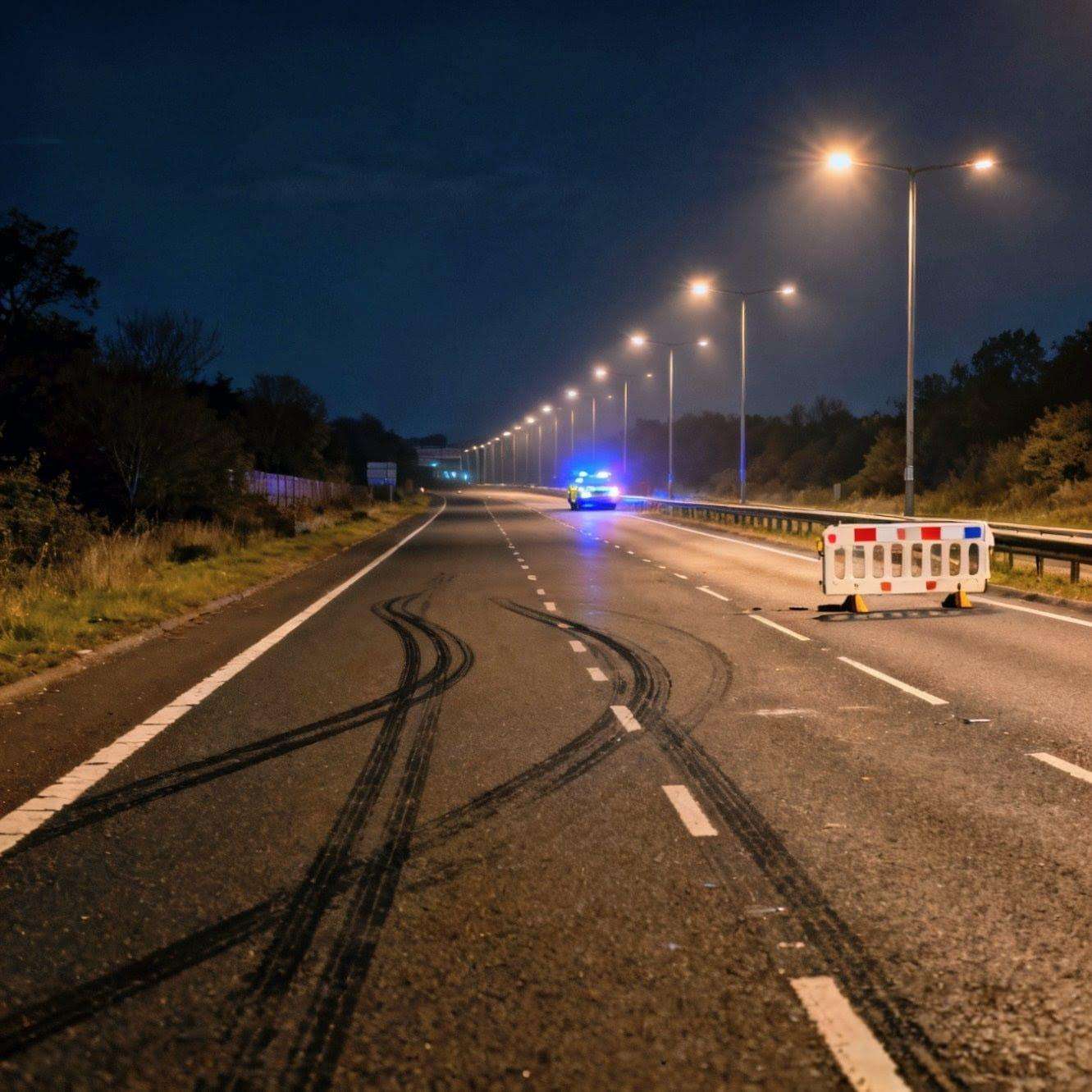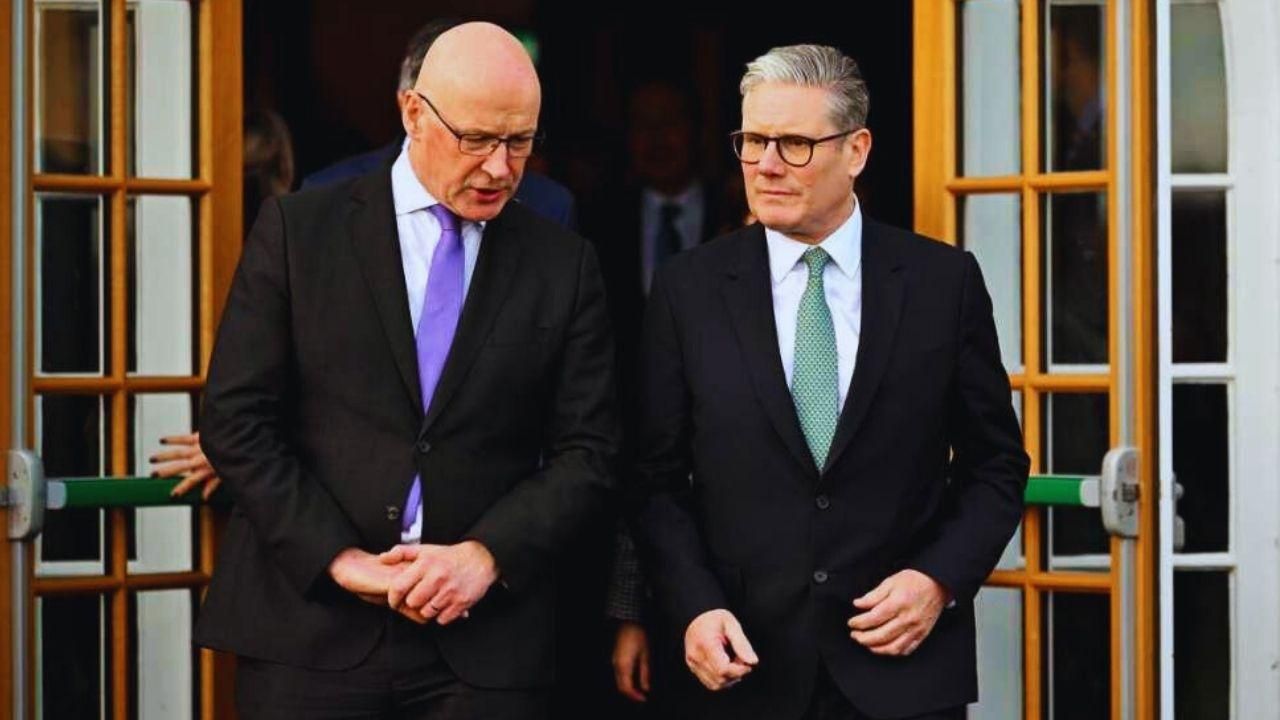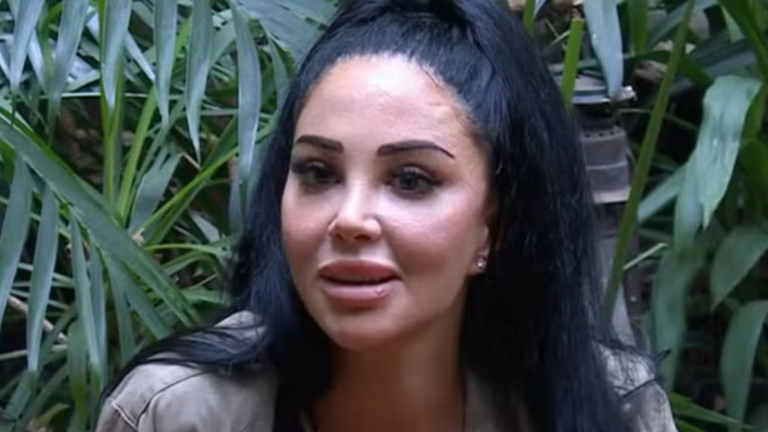As the UK government attempts to remove the two-child benefit cap for families north of the border, it has promised to collaborate "constructively" with SNP ministers in Holyrood.
Nonetheless, a senior minister in Sir Keir Starmer's administration stated unequivocally that he thinks the Scottish Government has not set aside the "money for this commitment."
First Minister John Swinney said he had reached an agreement with Sir Keir on the issue, as the Scottish Government depends on data from the UK Department for Work and Pensions (DWP) to mitigate the policy, which means families can only claim some benefits for their first two children and not for any subsequent children.
The SNP leader raised the issue with the Prime Minister in private talks ahead of the British-Irish Council (BIC) meeting which both men attended in Edinburgh on Friday.
Speaking at a press conference afterwards, Mr Swinney said: “The Prime Minister indicated to me that he would work constructively with us on taking forward that commitment, which is welcome, because I need the co-operation of the United Kingdom Government to enable us to achieve our objectives of lifting the two-child limit.”
With Mr Swinney having already declared eradicating child poverty as the top priority for his Government, plans to abolish the cap formed the centrepoint of the Scottish Budget, which was announced to MSPs on Wednesday.
Branding the policy, initially introduced by the Conservatives at Westminster, as “pernicious”, Scottish Finance Secretary Shona Robison declared that “the cap will be scrapped”.
However, Labour minister Pat McFadden, a key figure in Sir Keir’s Government, told the press conference after the BIC meeting that while “the money for this commitment has not been set aside”, there had been a request for data made to the DWP.
He added: “The First Minister’s Government, like any government, will have to identify the money for that, that has not happened yet.”
Stressing the UK Government shares the “desire to reduce child poverty”, the Chancellor of the Duchy of Lancaster said the child poverty taskforce it had established would report next year.
Mr McFadden added: “We don’t believe it’s just about benefits, we think there are other things that contribute to child poverty.”
Mr Swinney, however, said the Scottish Government was seeking to end the cap “because we are confident it will lift children out of poverty” and would complement other policies introduced by the SNP at Holyrood, such as the Scottish child payment, a weekly benefit paid to low-income families with children.
Funding for the preparatory work for the policy is “factored into the 2025-26 Budget”, Mr Swinney added.
With the policy not due to be introduced till 2026, he said funding to cover its costs would be included in the 2026-27 budget.
Asked if tax rises or spending cuts elsewhere would be needed to pay for this, Mr Swinney would only say: “The Scottish Government will fund its commitments as it always does, within the funding that is available to it. That is what we have done for 17 years.”
Mr McFadden stressed the Scottish Government had seen the “largest real-terms increase” in its block grant in the history of devolution thanks to the Labour Government’s budget in October.
“It is, of course, a matter for the Scottish Government how they spend that money,” he added.
“I’m glad they have the extra resources to make those choices.”








.svg)


